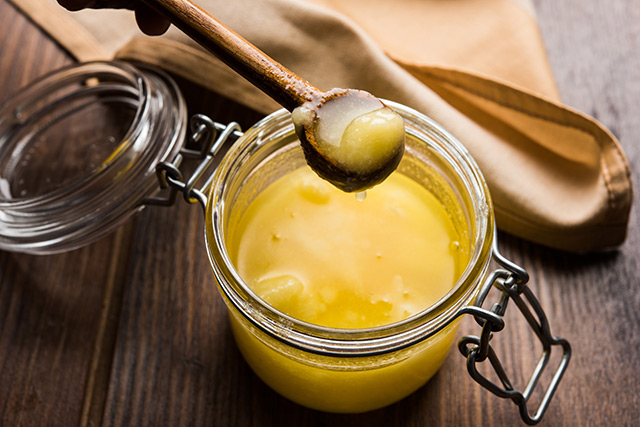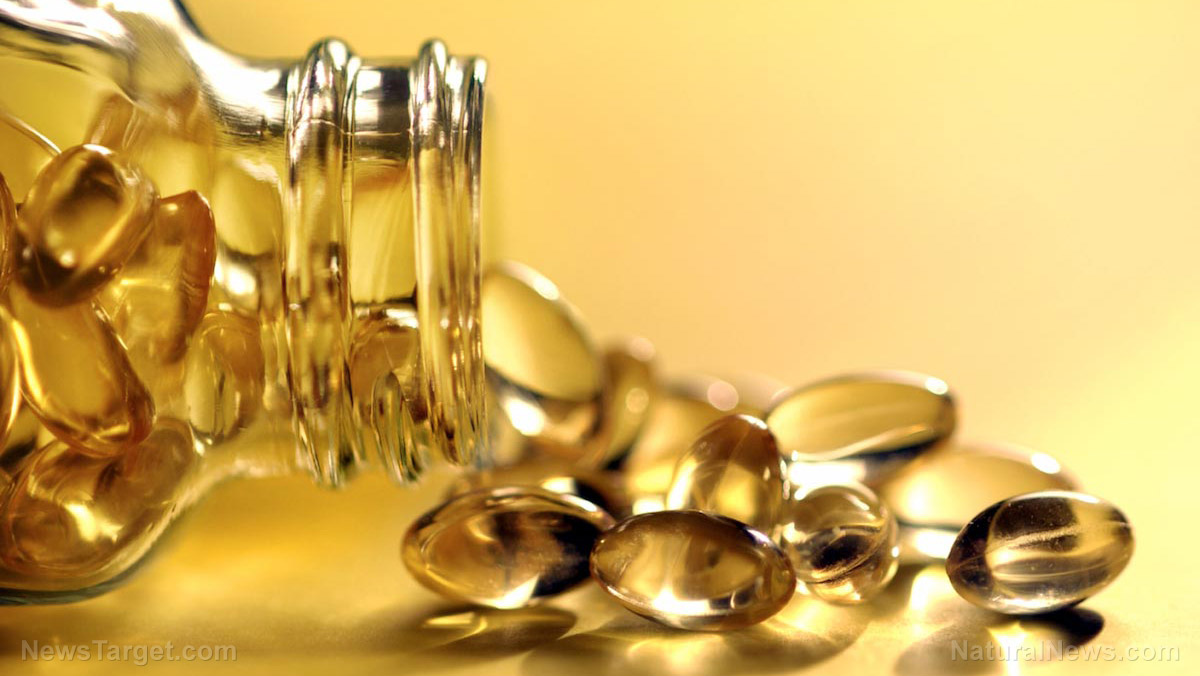 Parler
Parler Gab
Gab
Flaxseed's Potential Cardiovascular Disease Reversing Properties
A promising new study published in the American Journal of Physiology and Circulation Research titled, "The Effects of Dietary Flaxseed on Atherosclerotic Plaque Regression," looked at whether flaxseed in the diet of rabbits is capable of regressing atherosclerotic plaque, the primary pathological process associated with gradual constriction or sudden blockage in the arteries leading to cardiovascular morbidity and mortality. [i] According to the study, "Dietary flaxseed can retard the progression of atherosclerotic plaques. However, it remains unclear whether these anti-atherogenic effects extend to plaque regression." Rabbits were divided into either a regular diet (Group I) or a 1% cholesterol-supplemented diet (Group II), with the latter group showing signs of steady plaque growth, as well as lowered response to stress hormone (norepinephrine) induced vessel contraction and impaired relaxation response to acetylcholine, which are indications of endothelial dysfunction and atherosclerotic plaque progression. Another group (Group IV) was given a 10% dietary flaxseed-supplemented diet, which resulted in "a significant ≈40% reduction in plaque formation (P = 0.033)," leading the researchers to conclude: "Dietary flaxseed is a valuable strategy to accelerate the regression of atherosclerotic plaques."How Does Flaxseed's Cardiovascular Benefits Work?
Like any complex food, flaxseed has multiple modes of action. The three primary beneficial compounds are:- Omega-3: Known as alpha-linoleic acid, this dietary fatty acid, which is relatively rare in the Western diet, is essential to human metabolism (meaning, we can't produce it ourselves), and has been the subject of thousands of studies, many of which indicate its value in reducing risk factors for heart disease.
- Soluble Fiber: Flaxseed is a rich source of soluble fiber, one of the benefits of which is to that it binds to bile acids (which include oxidized cholesterol and other fat-soluble waste products like toxic hormone metabolites, and other bile constituents) and help to pull them out of the body.
- Lignan: Lignans are a class of plant compounds with both estrogen-like and antioxidant properties. The major lignan found in flaxseed is known as secoisolariciresinol diglucoside, is metabolized into enterodial and enterolactone within the human body, which can affect a wide range of bodily tissues, including the reproductive and the cardiovascular systems.
What Are Some of the Other Benefits of Flaxseed?
Flaxseed is a true medicinal marvel. GreenMedInfo.com has identified research indicating it has potential value in preventing or treating over 50 health conditions. [See Flaxseed Benefits research] Here are some highlights:- Flaxseed Improves Skin Quality: A 2010 study found that supplementation of flaxseed oil diminishes skin sensitivity and improves skin barrier function and condition.[iii]
- Flaxseed Protects Against Radiation: A 2009 study found that dietary flaxseed prevents radiation-induced oxidative lung damage, inflammation and fibrosis in a mouse model of thoracic radiation injury.[iv]
- Flaxseed Helps the Swollen Prostate: A 2007 study found that dietary flaxseed improves lower urinary tract symptoms in men with benign prostatic hyperplasia as well as drug therapy.[v] A 2004 study found that flaxseed supplementation in combination with a low-fat diet reduced the proliferation of prostate cells and PSA in men.[vi] There are also 3 studies on GreenMedInfo.com indicating flaxseed has direct anti-prostate cancer properties.[vii]
How Much Flaxseed Should You Take?
While there is no hard and fast "right amount" for everyone, it makes sense to incorporate a tablespoon of ground flaxseed a day in a culinary application, such as oatmeal or a smoothie, if you are looking to attain a 'medicinal' dose. It helps to remember that regardless of flaxseed's evidence-based therapeutic properties, it is actually an excellent food, and should be incorporated into the diet in a way that actually provides some enjoyment (vitamin P[leasure] is of course as important as the nutritional composition of the food]. I personally try to consume a tablespoon of ground flaxseed daily. Grinding it fresh is ideal. This will also release the nutrient-dense interior of the seed for easy digestion, increasing the surface area by several orders of magnitude vs. consuming the seed whole. Remember that you must consume enough liquid with the flax meal or it may constipate (this seed suck up quite a bit of water and produces a soothing mucilaginous gel as a result). On the other hand, when used properly with water, it is a traditional 'cure' for constipation. For additional research on flaxseed's nutritional composition, you can visit the NutritionData.com page on flaxseed here: http://nutritiondata.self.com/facts/nut-and-seed-products/3163/2 Read more at: GreenMedInfo.comTied of being called “anti” simply for having an opinion counter to someone else
By News Editors // Share
Britain’s support for Zionism has caused 76 years of conflict. It is time this barbarism stops
By News Editors // Share
The Nakba on screen: Five must watch films about the expulsion of Palestinians in 1948
By News Editors // Share
Ditch harmful VEGETABLE OILS for these healthy substitutes
By Olivia Cook // Share
10 Natural ways to relieve rheumatoid arthritis
By News Editors // Share
Governments continue to obscure COVID-19 vaccine data amid rising concerns over excess deaths
By patricklewis // Share
Tech giant Microsoft backs EXTINCTION with its support of carbon capture programs
By ramontomeydw // Share
Germany to resume arms exports to Israel despite repeated ceasefire violations
By isabelle // Share











